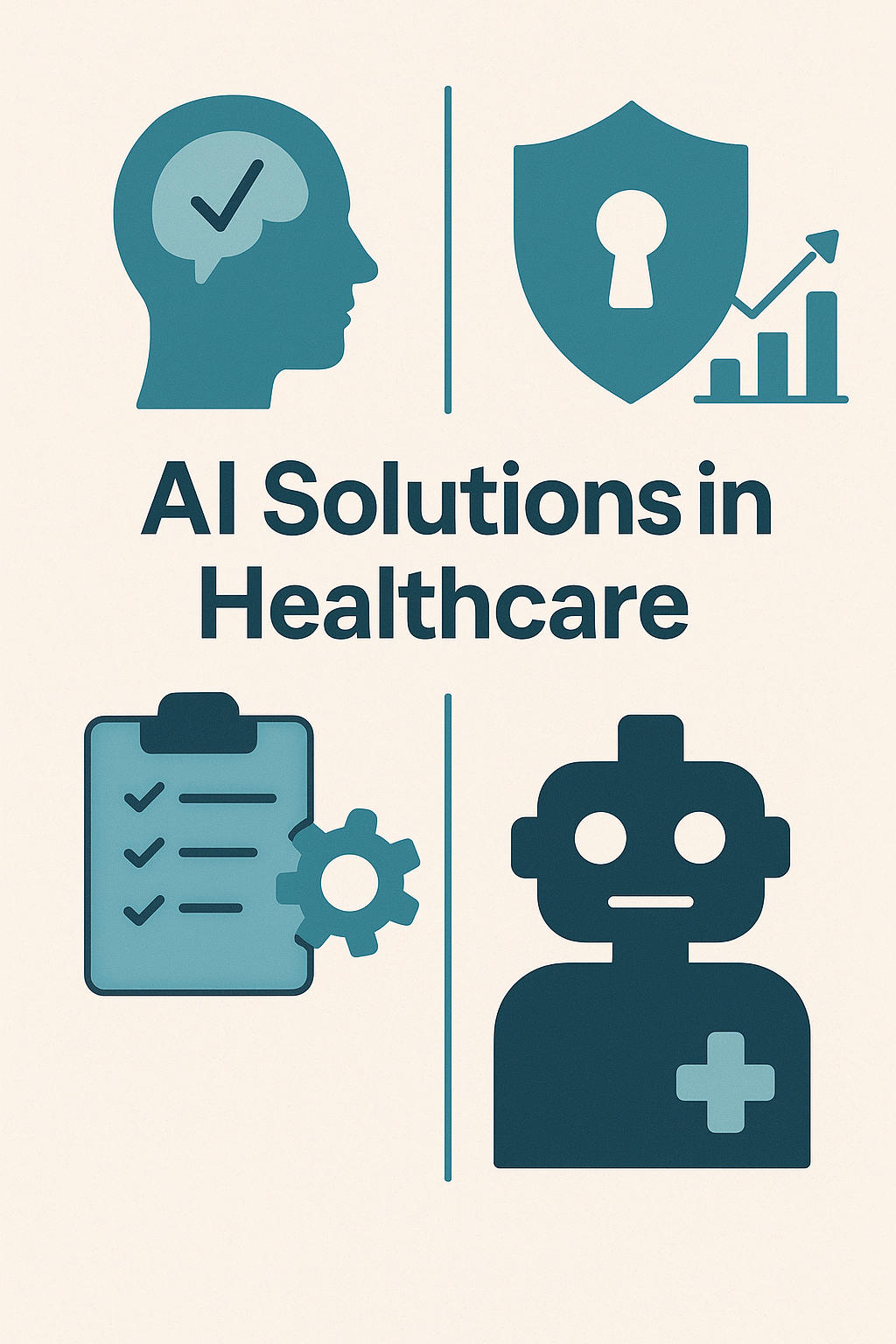Introduction
Artificial Intelligence (AI) is revolutionizing healthcare by enhancing diagnostics, personalizing treatments, streamlining administrative tasks, and improving patient outcomes. This article delves into the various AI applications in healthcare, supported by real-world examples and insights.
Key Applications of AI in Healthcare
- Medical Imaging and Diagnostics: AI algorithms analyze medical images to detect anomalies, aiding in early diagnosis of conditions like cancer and neurological disorders.
- Personalized Treatment Plans: AI assesses patient data to recommend tailored treatment strategies, improving efficacy and reducing adverse effects.
- Administrative Automation: AI streamlines tasks such as scheduling, billing, and record management, allowing healthcare professionals to focus more on patient care.
- Predictive Analytics: AI models predict disease outbreaks and patient deterioration, enabling proactive interventions.
- Drug Discovery: AI accelerates the identification of potential drug candidates, reducing the time and cost of bringing new drugs to market.
Mathematical Foundations: Predictive Modeling in Healthcare
Predictive models in healthcare often utilize logistic regression to estimate the probability of a certain event, such as disease occurrence:
\[ P(Y=1|X) = \frac{1}{1 + e^{-(\beta_0 + \beta_1X_1 + \beta_2X_2 + \ldots + \beta_nX_n)}} \]
Where:
- \(Y\): Outcome variable (e.g., presence of disease)
- \(X_1, X_2, \ldots, X_n\): Predictor variables (e.g., age, blood pressure)
- \(\beta_0, \beta_1, \ldots, \beta_n\): Coefficients estimated from data
This model helps in assessing risk factors and making informed clinical decisions.
Real-World Examples
- Woebot: An AI chatbot providing cognitive behavioral therapy, shown to reduce depression symptoms in users within two weeks. Source
- DeepMind's AlphaFold: AI system predicting protein structures, aiding in understanding diseases and developing new treatments. Source
- Cera Care: Utilizes AI to predict patient health risks, reducing hospitalizations by up to 70%. Source
Challenges and Considerations
- Data Privacy: Ensuring patient data is protected and used ethically.
- Bias and Fairness: AI models must be trained on diverse datasets to avoid biased outcomes.
- Integration with Existing Systems: Seamless incorporation of AI into current healthcare infrastructure is essential.
- Regulatory Compliance: Adhering to healthcare regulations like HIPAA and GDPR is mandatory.
Further Reading
Conclusion
AI is poised to transform healthcare by enhancing diagnostic accuracy, personalizing treatments, and improving operational efficiency. While challenges exist, ongoing advancements and ethical considerations will pave the way for AI to become an integral part of modern healthcare.








